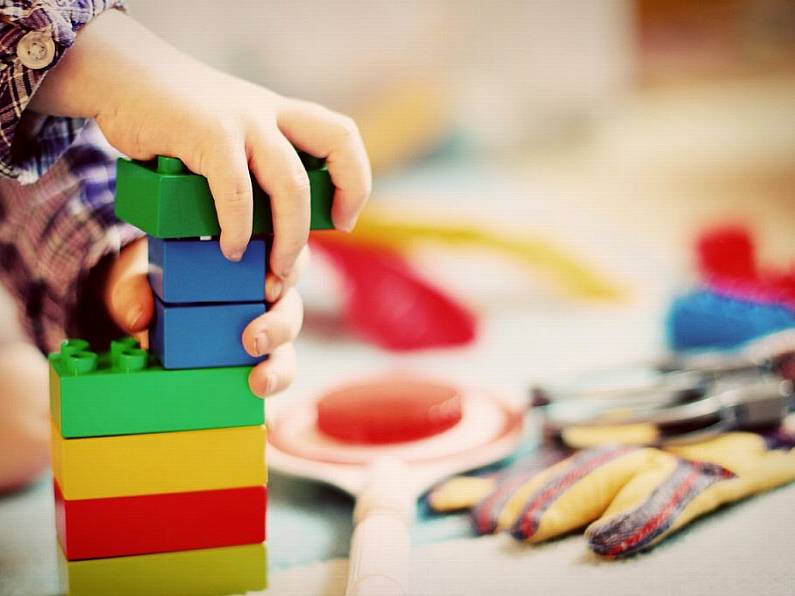Almost two-thirds of Irish people are worried about fake news online, while over a quarter chose not to share a news story in the last year because they doubted its accuracy.
The latest Reuters Institute Digital News Report shows that Irish News consumers are increasingly worried about what is real and what is fake news on the Internet.
61 per cent are worried about fake news online - up four percentage points on last year and 22 per cent had stopped using certain news sources because they were unsure about the accuracy of their reporting.
Radio remains the top first source of news in the morning for Irish respondents but this is down six percentage points since 2016, when the question was last asked; Internet usage via smartphones has increased by 10 percentage points in the same period.
Meanwhile, there has been little change in the number of people willing to pay for online news, with payment through subscriptions, donations and once off payments at 11% across the EU and 12% in Ireland, an increase of one percentage point on last year.
Of those who do pay, the majority only have one subscription; the 25-34 age group were most likely to pay for online news and the 55-64 age group least likely to do so.
Meanwhile, Facebook remains the most important social network for news in Ireland but closed networks like WhatsApp are increasing in popularity in some parts of the world with 53% of respondents in Brazil saying they used WhatsApp for news on a weekly basis.
In Ireland, the figure was 15%; elsewhere in Europe, the figure ranged from 3% in Sweden to 36% in Spain.
Irish media also received the highest rating for helping news consumers understand the news of the day, 59%, ahead of the UK at 57% and the EU average of 48%.
The Broadcasting Authority of Ireland funds the inclusion of Ireland in the Reuters Institute Digital News study, and commissions the Institute for Future Media and Journalism at DCU to produce a specific report on the Irish results.
The data was collected in January and February of this year.






